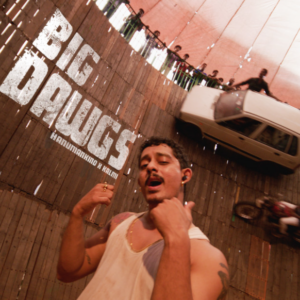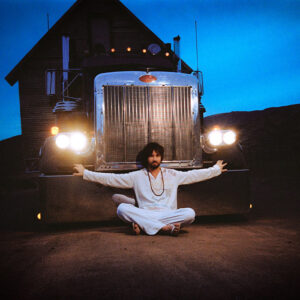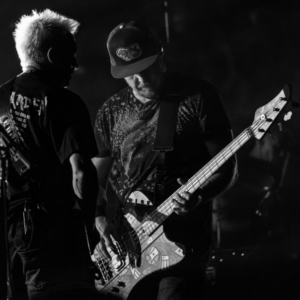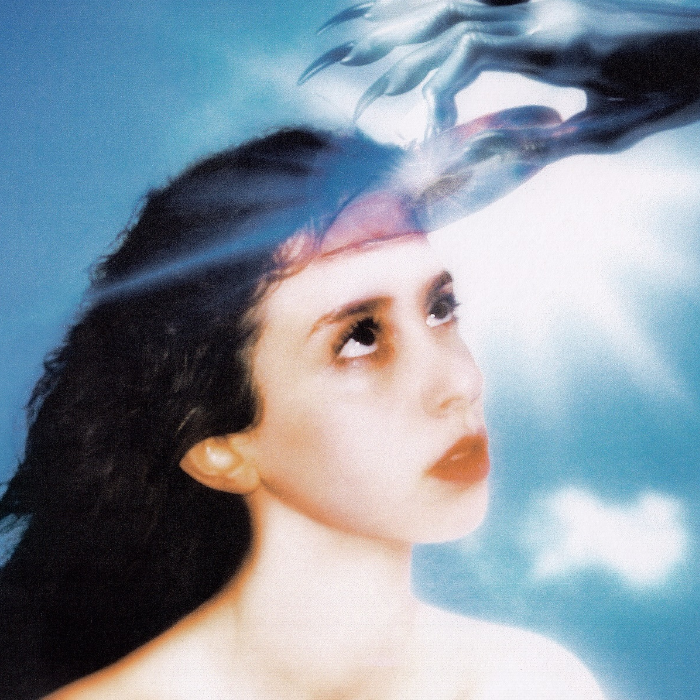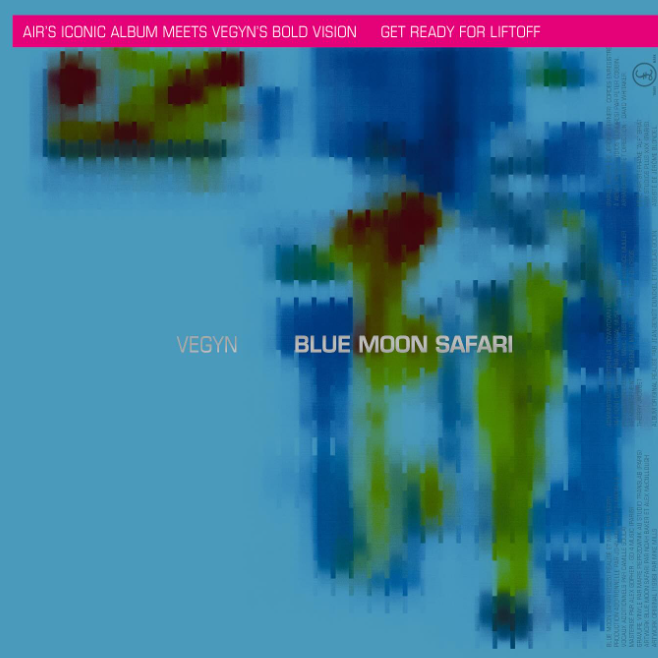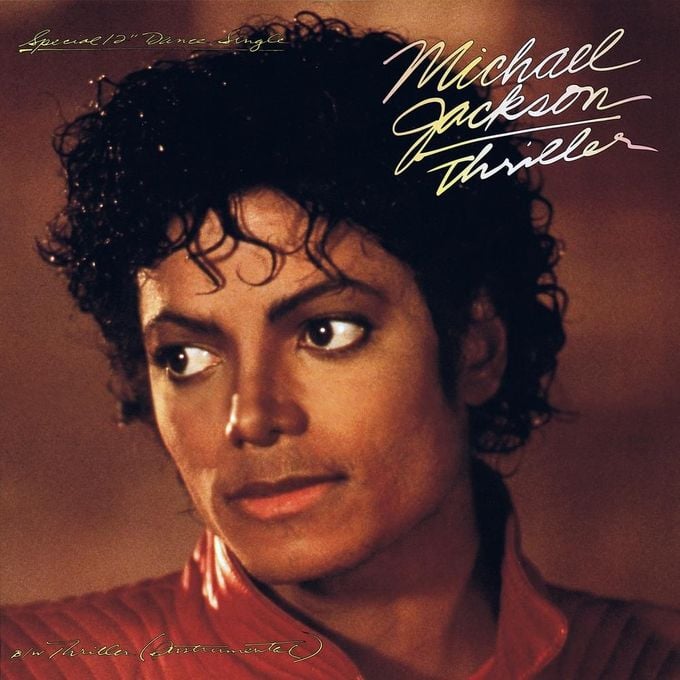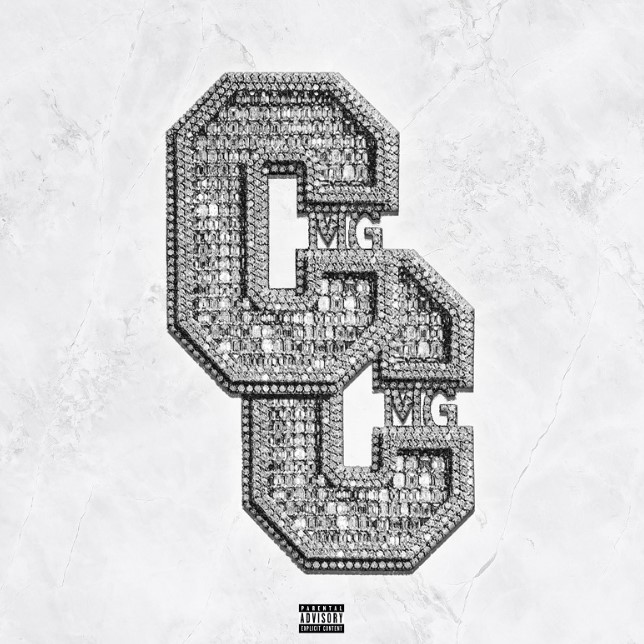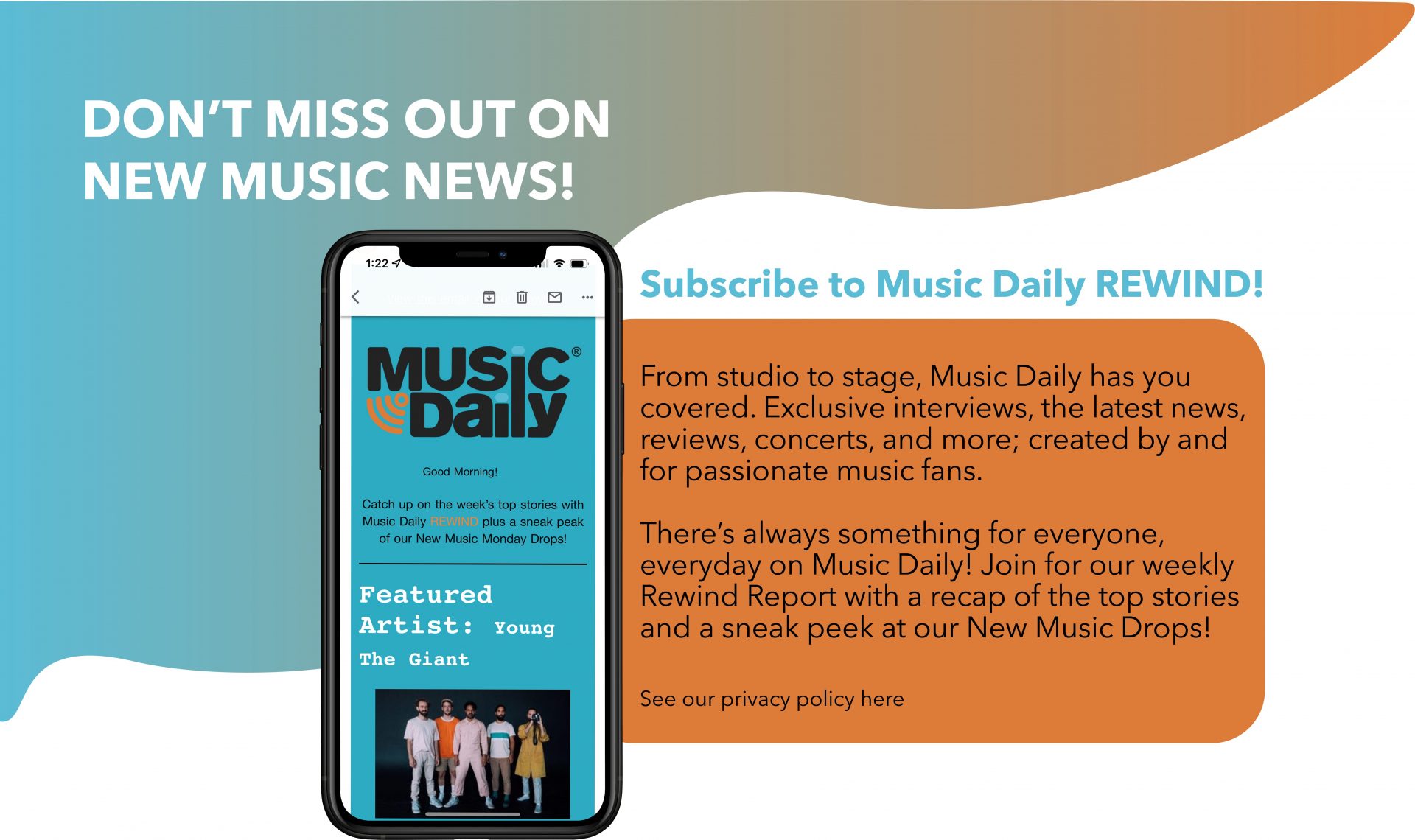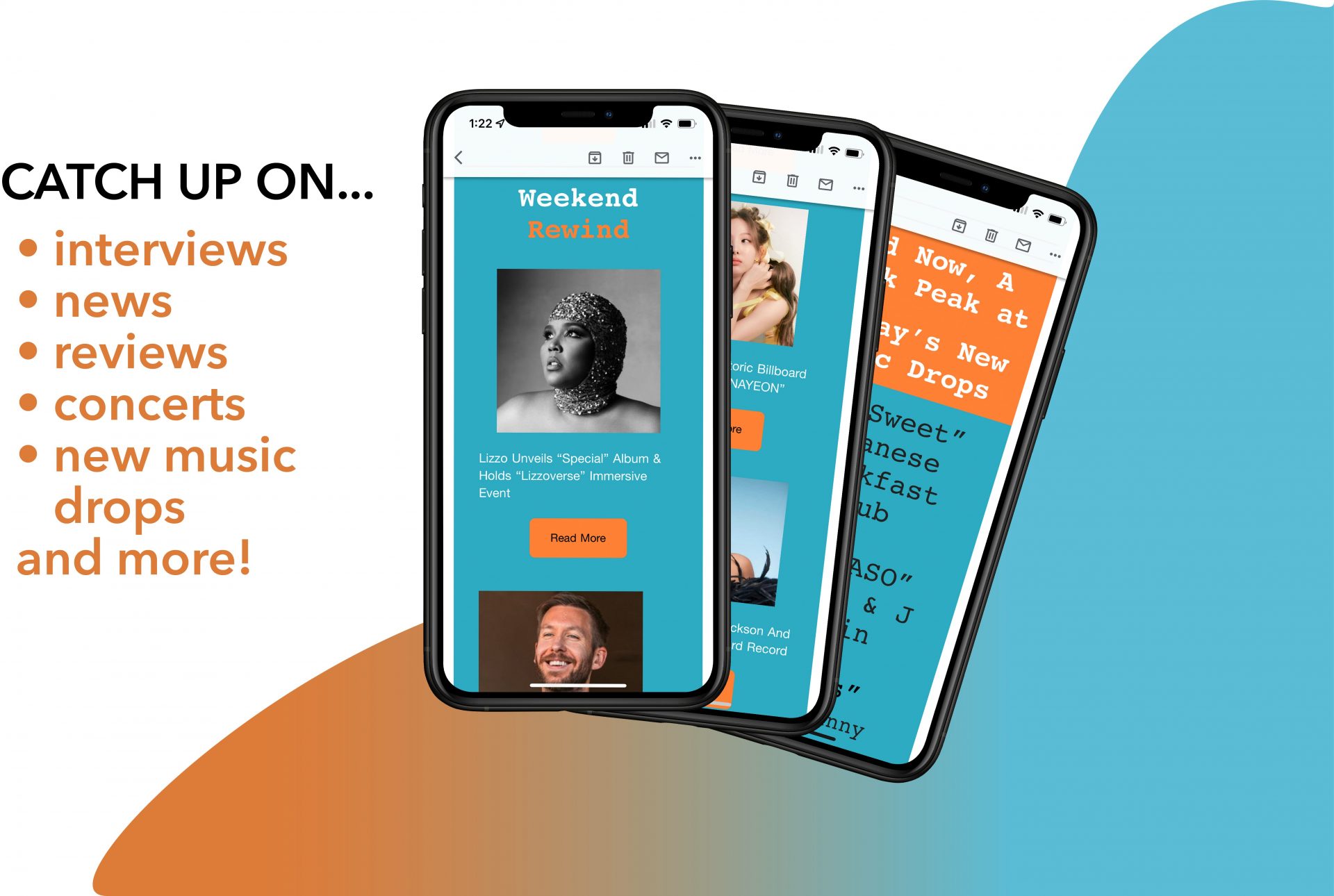Recently Neil Young began his personal – shortly supported by more artists- stance against Spotify. Who followed the lead of the artist? How has the situation developed? What are the consequences for the platform and for the singer?
“[Spotify] can have Rogan or Young. Not both,” is the the phrase that is now echoing in the music industry.
On Jan 24th, on Neil Young’s official website, the Canadian artist shared an open letter that was later deleted, according to Rolling Stone. The letter contained his accusation of the singer towards Joe Rogan’s misinformation about the coronavirus and vaccines and Spotify promotion of the comedian’s podcast.
“Spotify is spreading fake information about vaccines – potentially causing death to those who believe the disinformation being spread by them.”
“I want you to let Spotify know immediately TODAY that I want all my music off their platform,” Young said.
The accusation
Since the early 2020 $100 million exclusivity deal between Spotify and Joe Rogan, this is not the first time that the app faces criticisms. Consider the controversies with the appearance of conspiracy theorist Alex Jones on the Joe Rogan show.
Rogan has been accused multiple times of sharing misinformation contents around the Covid-19 pandemic and vaccines. The main critique comes from two of his over 1770 episodes. These are the episode no. 1747 with Dr. Peter McCollough, choreologist and physician, and episode no. 1757 with Dr. Robert Malone, a biochemist. Robert Malone in particular worked with the mRNA technologies and their efficiency on vaccines, but now is expressing his skepticism towards vaccines, affirmed Rogan.
In particular, the latter is under accusation for his affirmation that “a third of the population basically is hypnotised” into believing what Dr. Anthony Fauci, the nation’s top infectious disease expert, and mainstream news outlets say.
He then compared the situation to a dictatorship.
“When you have a society that has become decoupled from each other and has free-floating anxiety in a sense that things don’t make sense, we can’t understand it, and then their attention gets focused by a leader or a series of events on one small point, just like hypnosis, they literally become hypnotized and can be led anywhere,” Malone said. He claimed such people will not allow the “narrative” to be questioned.
Moreover, Rogan also discouraged young people from getting the vaccine. In an episode from April, 23rd 2021, the commentator said that he would not suggest the vaccine to a healthy 21-year-old.
“If you’re a healthy person, and you’re exercising all the time, and you’re young, and you’re eating well…like, I don’t think you need to worry about this.”
To worsen Rogan’s position, a video compilation going back more than a decade appeared. In the clips, Rogan was using racial slurs. This includes the repeated use of the n-word and other derogatory remarks about Black people.
The artists in support of Young
Other artists joined Young’s side in the stance against the app.
- Joni Mitchell commented the situation on her website.
“Irresponsible people are spreading lies that are costing people their lives,” she wrote. “I stand in solidarity with Neil Young and the global scientific and medical communities on this issue.”
- Nils Lofgren, Bruce Springsteen guitarist, supported the singer’s position as well.
- Also Graham Nash, friend and member of Crosby, Stills, Nash & Young with the Canadian artist, said he “Completely Agree” with Young’s positionand “Support My Friend Neil.” Defining Joe Rogan’s opinion on vaccines “dishonest and unsupported,” he joins the group and pulls solo recordings from the music platform.
“There is a difference between being open to varying viewpoints on a matter and knowingly spreading false information … Likewise, there is a difference between misinformation, in which one is unaware that what is being said is false, versus disinformation which is knowingly false and intended to mislead and sway public opinion,” he said. “The opinions publicised by Rogan are so dishonest and unsupported by solid facts that Spotify becomes an enabler in a way that costs people their lives.”
“Having heard the Covid disinformation spread by Joe Rogan on Spotify, I completely agree with and support my friend, Neil Young and I am requesting that my solo recordings be removed from the service.”
- Also Stephen Stills and David Crosby, two of the four members of supergroup Crosby, Stills, Nash & Young, announced his support for their band members.
- Moreover, Prince Harry and Meghan wrote a statement through their Archewell foundation. In the statement, they expressed their concern to Spotify “about the all too real consequences of COVID-19 misinformation on its platform.”
India Arie’s standpoint involves more than the vaccine issue
R&B singer India Arie announced her solidarity on Instagram:
“I have decided to pull my music and podcast from Spotify. Neil Young opened a door that I MUST walk through. I believe in freedom of speech. However, I find Joe Rogan problematic for reasons OTHER than his Covid interviews… FOR ME ITS ALSO HIS language around race.” She further is quoted in the Washington Post, If you want “to support your favorite artists, streaming is not the way. It’s the anti-way,” said Arie, who has sold millions of records. “Where else in the world is a person paid a fraction of a penny for their real life’s work?”
To back this sentiment, there’s more from the Washington Post, “
For each dollar of revenue Spotify earns, 58.5 cents go to the owner of a song’s sound recording (usually a record label), Spotify keeps 29.38 cents, 6.12 cents go to whoever owns publishing rights (usually the songwriter) and 6 cents goes to mechanical rights (often, but not always, owned by the songwriter), according to Manatt, Phelps & Phillips, a financial consulting firm.
It takes a while, though, to reach a dollar of revenue. Artists are paid between $0.0033 and $0.0054 every time their song is played on Spotify. The average per-play rate on Apple Music is a higher $0.01.
Spotify response
As articles on how to move playlists from Spotify to Apple Music all over the Internet, Spotify seems inflexible. This, however, doesn’t seem to stop the platform, which reiterates that it doesn’t want to remove Rogan’s podcast.
But Young’s accusation towards Spotify is not the first. In fact, in December, more than 270 doctors, researchers and health care professional signed an open letter asking Spotify to introduce measures to address misinformation about the virus on its platform.
Spotify’s CEO Daniel Ek affirms he won’t remove the comedian podcast from the platform despite repeated Covid-19 misleading information and use of racial slurs.
“While I strongly condemn what Joe has said and I agree with his decision to remove past episodes from our platform, I realize some will want more,” Ek commented in the message he posted. “And I want to make one point very clear — I do not believe that silencing Joe is the answer.”
The CEO added:
“We should have clear lines around content and take action when they are crossed, but canceling voices is a slippery slope. Looking at the issue more broadly, it’s critical thinking and open debate that powers real and necessary progress.”
Spotify CEO Daniel Ek announced new measures to address misinformation on the platform. This includes adding content advisories to any podcast episode discussing Covid-19.
“This advisory will direct listeners to our dedicated COVID-19 Hub, a resource that provides easy access to data-driven facts, up-to-date information as shared by scientists, physicians, academics and public health authorities around the world, as well as links to trusted sources,” Ek said.
Joe Rogan’s reply
Spotify recently announced it would add a content advisory to any podcast episode that discusses the coronavirus. Soon after, Joe Rogan addressed the accusations of misinformations in his podcast with a 10-minutes-long video on Instagram.
“I wanted to hear what their opinion is,” Rogan said. “I do not know if they’re right, I don’t know because I’m not a doctor, I’m not a scientist. I’m just a person who sits down and talks to people and has conversation with them.
“Do I get things wrong? Absolutely.”
Rogan then affirms that he “will try harder” to hear different opinions.
“I’m not trying to promote misinformation. I’m not trying to be controversial,” he said.
“I’ve never tried to do anything with this podcast other than just talk to people and have interesting conversations. I do my best to try to balance out these more controversial viewpoints with other people’s perspectives, so we can maybe find a better point of view.”
He then added to feel “ very sorry that they feel that way.”
“I have always been a Neil Young fan.”
Finally, he thanked Spotify for “being so supportive during this time.”
Rogan also stated that he is not “an anti-vax person.” He also addressed his comment against the vaccination for young people. He said that the argument that young people need the vaccine “for other people” made sense. “But that’s a different argument.”
Why we still can hear some of this artists songs? Why not more artists have joined Young?
Despite the possible intentions of many artists to support Young’s position, some might have issues in removing their music from the platform. In fact, artists’ music depends on licensing and label relationships,
For instance, David Crosby has told the Los Angeles Times he supports Young, but he doesn’t own his own music and publishing rights.
“I can’t just call up and say, ‘Hey, I want to do what Neil did,’ I can’t do it. But I can call them up and say, ‘I wish you would do it.’ Which is what I’m going to do,” said Crosby. “They (Spotify) are consciously doing the wrong thing for money on purpose. That’s unforgivable.”
On the other hand, Warner Records is now the biggest label to join the cause. Young thanked the label:
“My truly great and supportive record company Warner Brothers – Reprise Records, for standing with me in my decision.”
Young’s new letter
“When I left SPOTIFY, I felt better,” begins Young on his website. In this last letter, the artist criticised Spotify quality of music. He said that “business people like those who run SPOTIFY cut the quality right down to 5% of the music’s content.”
He added:
“I support free speech. I have never been in favour of censorship. Private companies have the right to choose what they profit from, just as I can choose not to have my music support a platform that disseminates harmful information.”
Young even suggested to Spotify’s worked to “get out of that place before it eats up your soul.” The artist also suggested his colleagues “find a better place than SPOTIFY to be the home of your art.” As music fans can see this is a complicated issue. It’s more than just the free speech issue. One still must ponder whether the composers and musicians are getting any equity on this platform.


